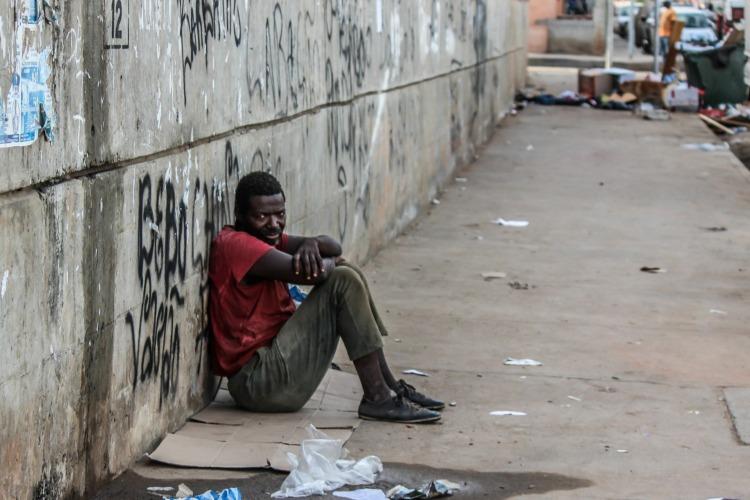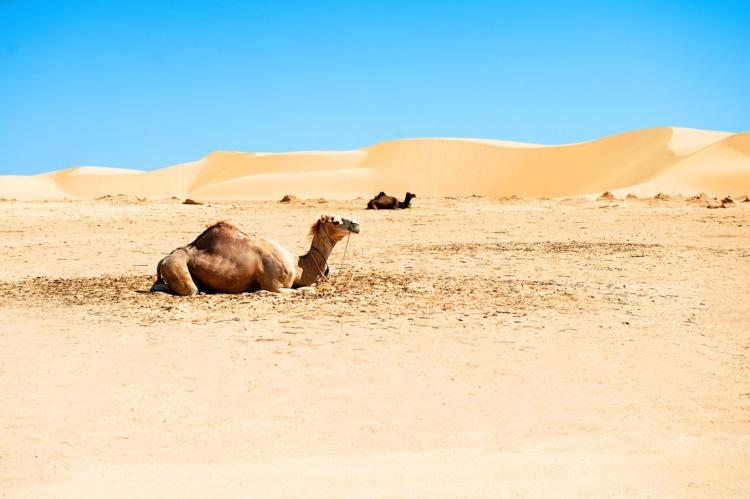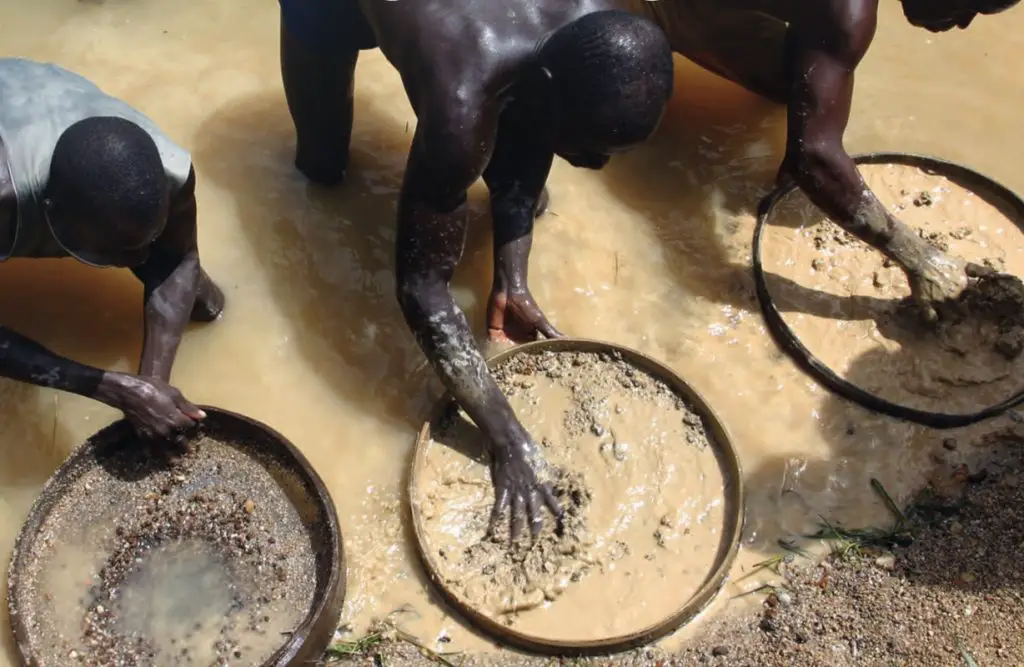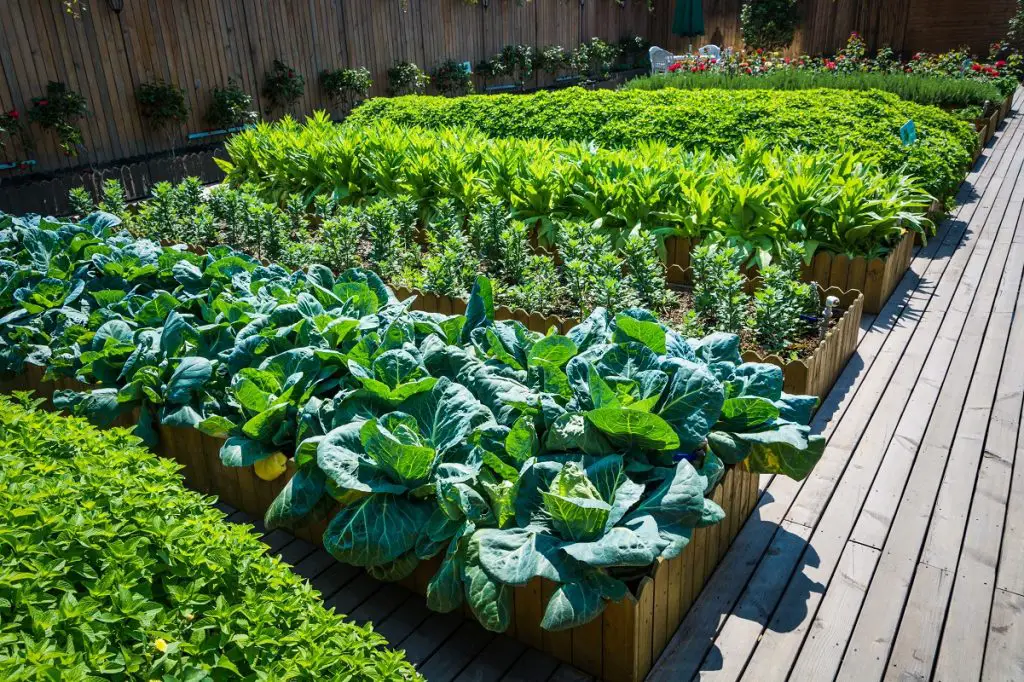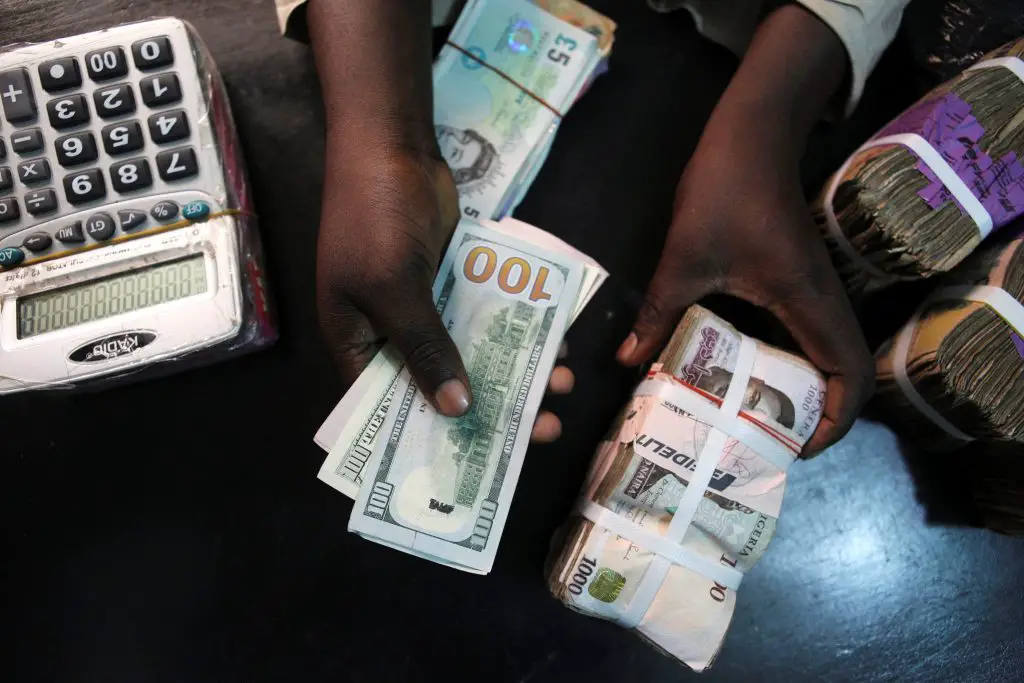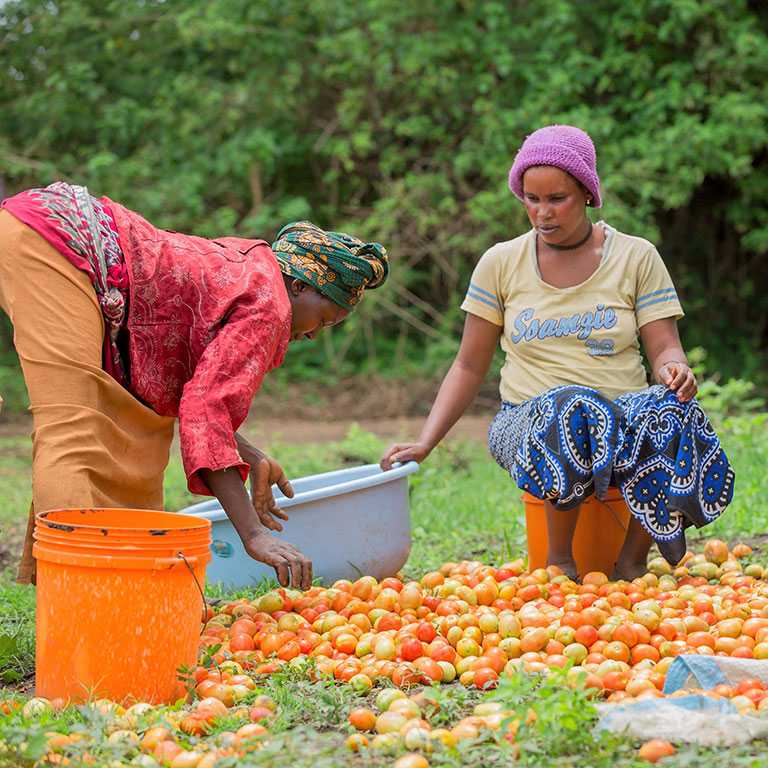- Africa’s new dawn: the rising role of digital and AI in agriculture
- Can Dangote Refinery Transform Africa Energy Ambition
- Gallup Survey: 80 per cent of Kenyan Workers Are Disengaged and Seek New Opportunities
- Madagascar Man Freed from 5KG Tumor After 15-Year Struggle
- How women in Africa are perceived and treated
- Sugar consumption in Kenya to Increase to 1.23 Million Tonnes
- Can Somalia and Turkey Oil deal Bring Change in Somaliland
- Remittances to Kenya dropped to $371.6 million in June, marking a six month low
Browsing: Poverty
If the world is unfair was a fact, then this statement would establish the truth without a doubt as, “there are more than twenty-one hundred billionaires across the world who own more than half of the world’s wealth” — Oxfam.
As the number of billionaires doubles over the last decade, Oxfam argues that the richest one per cent have piled up wealth twice as much as the world population. At this moment in history, inequality has worsened.
World Economic Forum (WEF) pins socio-economic inequality to be more than unequal distribution of income, but views it from a large lens, arguing, “it is critical to take into consideration multidimensional factors such as social mobility, gender equality, livelihood infrastructure, technology access, the voice of civil society, privacy, social and environmental protections, progressive tax laws and labour rights when examining how societies perform on reducing inequality and serving public interest.”
With this reality …
Africa is great and can be greater if its potential is harnessed strategically. This comes in many forms including placing enough recipes for Africa’s youngest working-age population to exploit different sectors of the economy.
Numbers paint a rather interesting picture. Between the year 2015 and 2035, the region’s working-age population will grow by approximately 450 million people, which is about 3 per cent per annum.
Meanwhile, the African Development Bank (AfDB) one of Africa’s vibrant development financiers noted that “youth are Africa’s greatest asset” and could support increased productivity and stronger, more inclusive economic growth across the continent.
Meanwhile, the International Labor Organization (ILO) pointed out clearly that unemployment rates have remained acute; the most unfortunate situation is that in sub-Saharan Africa, out of the 38.1 per cent of the estimated total working poor, 23.5 per cent is made up of young people.
ILO’s Global Employment Trends for Youth 2020 …
The outflows include illicit capital flight, tax and commercial practices like mis-invoicing of trade shipments and criminal activities such as illegal markets, corruption or theft. …
Consequences of conflict also mean that the most affected may not be able to return to productivity if land, equipment and other resources used to produce food are destroyed.…
An IMF projection for this year shows that growth in oil exporters will decline from 1.8 per cent in 2019 to −2.8 per cent.…
African nations (via their ministers) have agreed to call a debt relief support from bilateral, multilateral and commercial partners with the support of the multilateral and bilateral financial institutions such as the International Monetary Fund (IMF), the World Bank Group, and European Union (EU), amid coronavirus outbreak (COVID-19) United Nations Economic Commission for Africa (UNECA) revealed in a statement.
The agreement was germinated from the second virtual meeting on Tuesday, hosted by Vera Songwe, Executive Secretary of the Economic Commission for Africa, and co-chaired by Ministers Tito Mboweni of South Africa and Ken Ofori-Atta of Ghana.
The meeting stressed the need to take possible actions to downplay and bring the spread of COVID-19 under control in the short term.
“The call for debt relief, it was emphasized, should be for all of Africa and should be undertaken in a coordinated and collaborative way. They called for a special purpose vehicle …
Tanzania’s Social Action Fund (TASAF), a poverty-reduction base will get a $562 million loan to support its second phase.
According to information from The Citizen, over $800 will be spent during the five years of implementing the phase, officially launched earlier today by Tanzania’s President John Magufuli.
Also, the information revealed that the rest of the amount will be sourced from various other development partners including the Opec Fund for International Development set to issue $50 million.
However, TASAF director-general Ladislaus Mwamanga, highlighted that the programme goals are set to empower poor households with funds, known as ‘Productive Social Safety Net’ with which they can conduct their income-generating activities.
The safety net which was initiated in 2000, had over 1.1 households in Tanzania with over 5.2 people enrolled in the programme.
During the launch, it was revealed that TASAF spent over $692 million in poverty alleviation programmes national wide.
Also, …
FDI dropped by a third, to US$1.0 billion from US$1.5 billion in the three years between 2015 and 2018.…
Tanzania is one of the fastest-growing economies in Africa, as credited by Africa Development Bank (AfDB). However, still most of its population lives in poverty.
This is according to World Poverty Clock, approximately 23 million people dwell in poverty in Tanzania.
Nonetheless, Tanzania has been taking poverty elimination serious over the past decade. Hence, according to the recent world bank open data, shows that, Tanzania has made concrete steps within the span of 15 years (2000 to 2015) in eliminating poverty.
Moreover, Tanzania has sustained a rather significant economical stride over the past years, its economy growing on 6 to 7 per cent a year . However, World Bank data indicated Tanzania, had 49 per cent of population living below $1.90 per day in 2011, compared to 55.1 in 2007.
On the other side of the mark, Tanzania’s Household Budget Survey (HBS)report (2018), paints a rather promising narrative, from 2007 …
Charity is yet another effective measure against poverty across the globe.
It provides communities with compelling abilities to exercise their socio-economic activities within inclusivity parameters and resilience, alleviating worst humanitarian conditions that affect populations over time and space.
As we are marking the international day of charity, today 5th September. It is crucial to acknowledge the role taken by the charity organizations worldwide, in their quest for harmonizing livelihood in disease-ravaged communities, while appending public services such as health care, education, housing, and child protection.
For over 20 years, United Nations has designated this very day, to execute vital objectives; sensitizing and mobilizing people, NGO’s and stakeholders all around the world to help others through volunteer and philanthropic actions.
Eradicating poverty in its all forms is inevitable, alleviating extreme poverty and the worst humanitarian crisis is an indispensable requirement for sustainable development.





